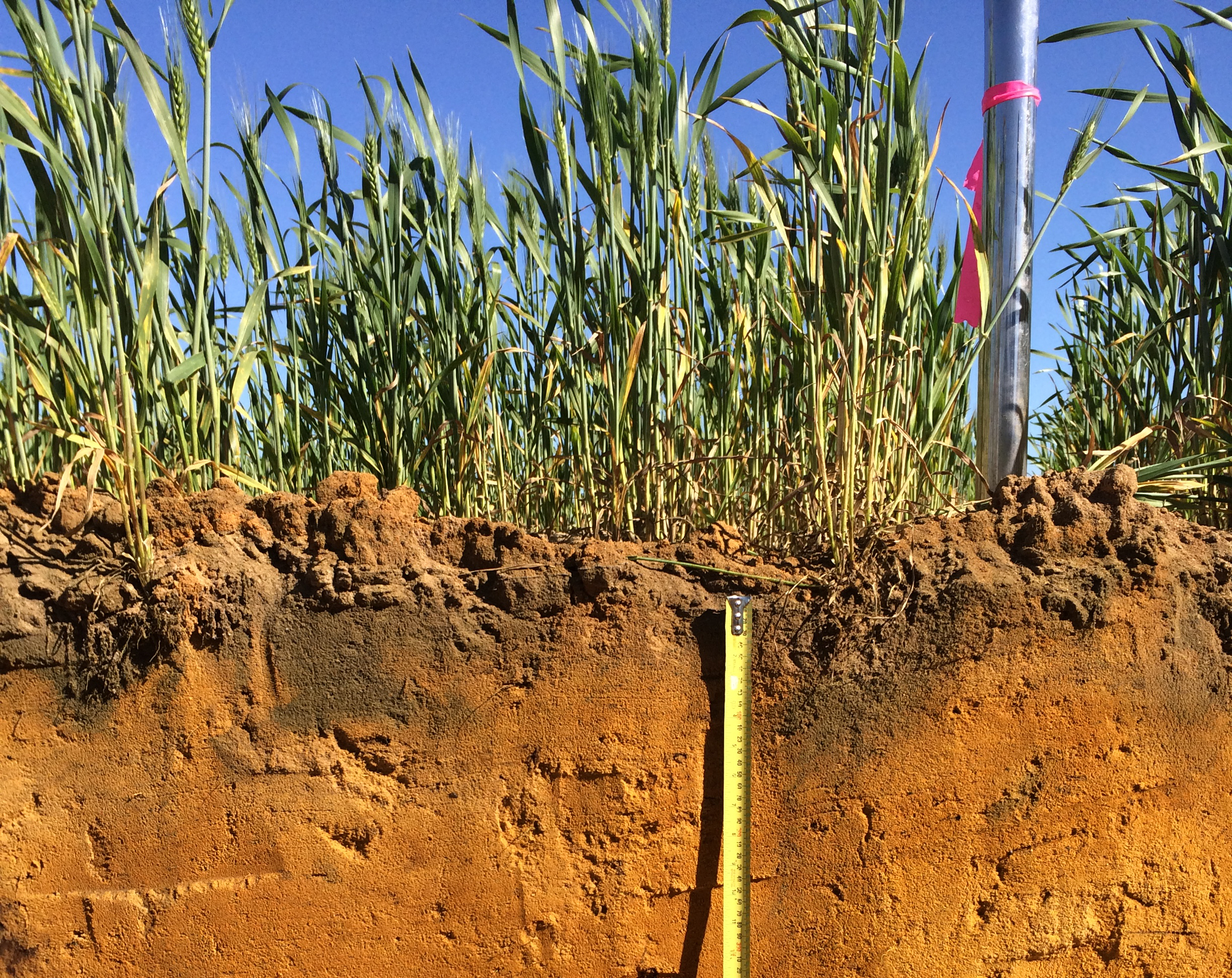A farm in the WA Wheatbelt is being monitored on an hourly basis as part of a new project to contain salinity using trees.
Lindsay and Denise Corke’s Yealering property has been chosen as a demonstration site by the Department of Agriculture and Food and Wheatbelt NRM.
The aim of the project is to determine how far apart tree belts can be planted while continuing to contain salinity.
The research is part of a project worth more than $500,000 and uses technology to measure the movement of the site’s saline water table every 60 minutes
The Department of Agriculture’s David Bicknell said the Corke’s farm was chosen because it was threatened by a rising saline water table, but was still productive for cropping.
“This is typical of many farms around the Wheatbelt, and if Lindsay and Denise Corke can contain salinity here using trees, it may help other farmers faced with the same threat,” David Bicknell said.
Two paddocks will be compared on the property, one using tree belts of oil mallees 72 metres apart and the other 36 metres apart.
The monitoring of the saline water table is done using data loggers that record information from inside bores.
“A fishing line is dropped into the bores with a logging device on the end not much bigger than your thumb and powered by a battery,” David Bicknell said.
“At least every three months that information is downloaded onto a computer to show how much the saline water table has risen or fallen.
“That level of monitoring allows us to see the influence of every rainfall event and just how successful trees are in lowering the watertable.
“This is one of few sites in WA where we have been able to introduce such intensive monitoring on such a large scale and so early on in a salinity project.”
Lindsay Corke said while he didn’t think trees would solve the problem of salinity, he was expecting them to slow down the rise of the saline water table and cut the amount of salinity in the long term.
“We’ve planted more than 100,000 trees across the farm since 2000, and also incorporated the use of surface drains to tackle waterlogging,” Lindsay Corke said.
“We can already see that planting trees has made a difference and if we use tree belts, a financial return from cropping is still possible.”
The research at Yealering is part of a project worth $500,000 called Enhancing Valley Floor Environments in the Avon River Basin.
Funding for the project is through the Commonwealth Government’s Caring for our Country program.
More information: David Bicknell, Department of Agriculture and Food WA, Narrogin on 9881 0222 or 0429 926 401; or Dan Ferguson, Wheatbelt NRM on 9690 2250 or 0434 976 124.


